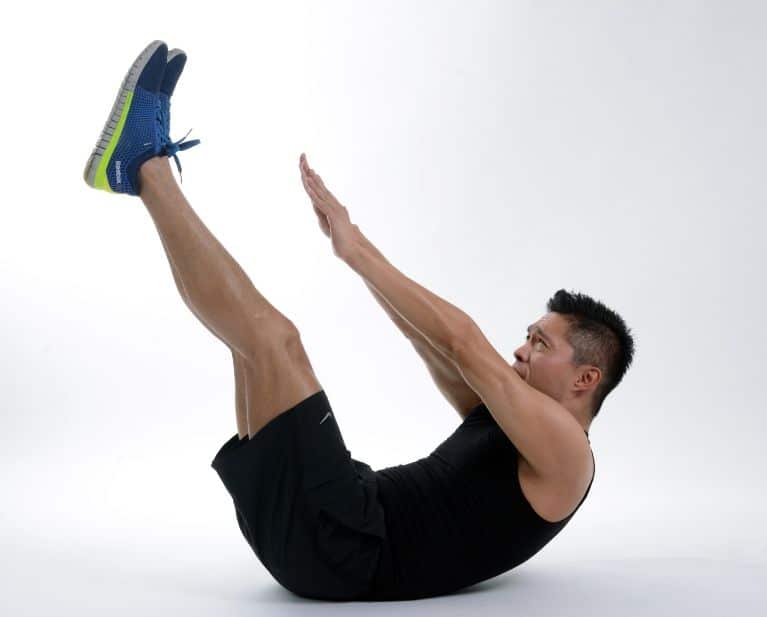Movement screens are valuable assessments of functional movements that may identify areas of tightness or weakness and can help prevent injury. While movement screens are commonly used on high-level athletes before beginning a training season, they can be beneficial to all sorts of people. There are a few types of movement screens, the most popular being the Functional Movement Screen (FMS) and the Selective Functional Movement Assessment (SFMA).
FMS
The Functional Movement Screen was developed by a physical therapist in 2001 to screen for movement problems to help build a safe and functional exercise plan. Seven movements are screened in the FMS, which test for both mobility and stability motor patterns. The FMS is designed to find weak links in movements; once a weakness is found, a physical therapist or personal trainer can better develop exercise programs to address it. The FMS is an excellent tool to use before beginning an exercise program and may reduce the risk of injury. The FMS can be performed by a physical therapist, personal trainer, or other trained fitness professionals.
SFMA
The Selective Functional Movement Assessment can be used in a diagnostic capacity, whereas the FMS cannot. The SFMA is able to identify musculoskeletal issues by analyzing specific movements and breaking down the dysfunction within those movements. This type of movement screen seeks to determine where the weakness or tightness may be that is creating a limitation or pain. Once the clinician determines the source of the movement dysfunction, an exercise and rehab routine can be established to address the issue. The SFMA is performed by physical therapists, athletic trainers, and some physicians.
Which Movement Screen is Right for Me?
If you are a healthy individual looking to begin a fitness routine, the FMS can be a helpful tool in screening any potential movement deficits. After determining how your movement might be restricted or limited, a trainer or therapist can give you strategies for improving that movement. The SFMA has the ability to diagnose why your movement patterns might be limited or dblogysfunctional and can more specifically tell you what to stretch or what to strengthen.
If you're looking to get started on an exercise routine or if you're returning to activity following an injury, a movement screen can be beneficial in facilitating appropriate movement patterns reducing injury. Contact SetPT to schedule a movement screen appointment today!





